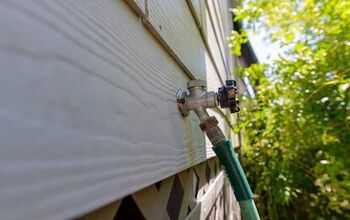Do I Need A Permit To Renovate My Bathroom In NYC? (Find Out Now!)

House projects can get set on the backburner. Especially if the job at hand is a major remodel, you will need to set aside the time and money to make sure the end result is exactly what you want. Before you finally roll up your sleeves to begin a bathroom renovation, the first question to ask is: “Do I need a permit for this?”
The answer to this question may vary from state to state. However, if you live in New York City, the answer is very likely, “Yes, you do.”
According to the NYC government regulations, most bathroom renovations will require a permit before work can begin. If your project requires a permit, you will also need to hire a professional to get the job done. Otherwise, you may be required to redo the work, and, additionally, you could be subject to hefty fines up to $25,000.
We’ll let you in on a few pointers to how to get the permits you need and how to avoid getting the fines.
Don't want to do it yourself?
Get free, zero-commitment quotes from pro contractors near you.

Types of Renovation Permits in NYC
If you are planning to renovate a bathroom in NYC, first check to see if your project will require a permit. Most construction projects that stray from a simple fixture change or minor repair jobs will need a permit from the Department of Buildings and a licensed professional on the job. Construction permits usually fall into 1 of 3 categories:
- NB: “NB” stands for “New Building.” This permit type will be used for the construction of new structures.
- Alt 1: This permit can be applied to the construction of a new structure or if a major change is happening to the existing structure. If the occupancy or use of the building will change because of your project, this is most likely the permit you will need.
- Alt 2: An “Alt” (or “Alteration”) permit is what most will use to renovate their bathroom. This permit category covers the smaller bathroom renovation jobs that do not affect the occupancy of the building. This can also apply if you are adding on a new bathroom. For an Alt 2 job, you will need an architect.
How to Get a Permit
If you will need a permit for your bathroom renovation, it is the professional’s job to do the legwork and submit the appropriate plans and applications. This is one headache that you don’t have to take on!
To get a behind-the-scenes look at how this process unfolds, here is a step-by-step of the process:
Step 1: Submit a Plan
When you have decided what kind of work you want done, your professional engineer (PE) or Registered Architect (RA) will submit the necessary plans, applications, and drawings to the Department of Buildings.
Step 2: Receive Approval or Objections
Next, a department plan examiner will look for any zoning objections or legal problems with your plans. If any objections are found, you must rework your plan and resubmit. If no problems are found with your plans, you will get the department’s approval.
Step 3: File Plans and Pull Your Permit
File the final plans with the department and receive your permit. Now you have the approval to begin work!
Step 4: Finish the Project
Your contractor and licensed professional will do the job as described in your permit.
Step 5: Renovation Inspection
After the work is completed, the work will need an inspection to make sure it follows proper protocol. This inspection will be done either by the Department of Buildings or a trade self-certification is acceptable.
What Will the Permit Cost Me?
If the work you need to be done requires a permit, you will need to budget in the appropriate amount of money as well as time. While these factors will depend greatly on how in-depth your project is, here is a general guide:
Permit costs
A renovation company in NYC estimates that a bathroom renovation permit alone will cost from $2,000-$5,000. So, when you are budgeting your remodel, this will be an important detail to include!
Permit wait time
How much time it will (or will not) take to get approval will depend on what kind of renovation you are planning. Also, it can depend on the accuracy of your plans. It’s safe to add at least 2 weeks to your renovation timeline while you wait to get your approval back.
Projects That (Generally) Do Not Need Permits
Small Renovation jobs
Not all bathroom jobs in NYC require a permit. If you are looking to just plaster or paint your bathroom, you should be good to go without one. If you are installing cabinets or resurfacing floors, you should not need a permit, but you will need a licensed contractor. To find out if a business or contractor is licensed, you can check here.
If you are unsure whether or not your renovation project will need a permit, a professional engineer, registered architect, or a Department of Buildings office representative can answer your questions. It is always better to double-check than to end up with a fine or be pressed with criminal charges.
Once you have your plans, your professional, and your permits, the bathroom renovation can begin!
Don't want to do it yourself?
Get free, zero-commitment quotes from pro contractors near you.

Related Questions
Where is the biggest cost in a bathroom remodel?
Labor is generally the most expensive cost when you remodel a bathroom. The labor for your project will generally run from 40% to 65% of your total costs. After you budget the material costs for your renovation, you may need to double that number to allow for a licensed professional’s help.
How often should I renovate a bathroom?
Many people choose to remodel a bathroom once every 5 years. While this is not a hard and fast rule after 5 years styles begin to change and appliances begin to show use.
Where should I start first in a bathroom renovation?
It is important to have a proper workflow when you remodel your bathroom. In most cases, you will start by replacing the fixtures first before moving on to tile and details.
Related Guide

Alex Praytor is a native Texan who got her degree in English Literature and decided to travel the globe. She finds the architecture and design of homes across cultures fascinating. In her spare time, she visits coffee shops with her family and creates projects for their own home. Alex enjoys sharing tips on how to keep repairs up to date while turning a house into a home.
More by Alex Praytor



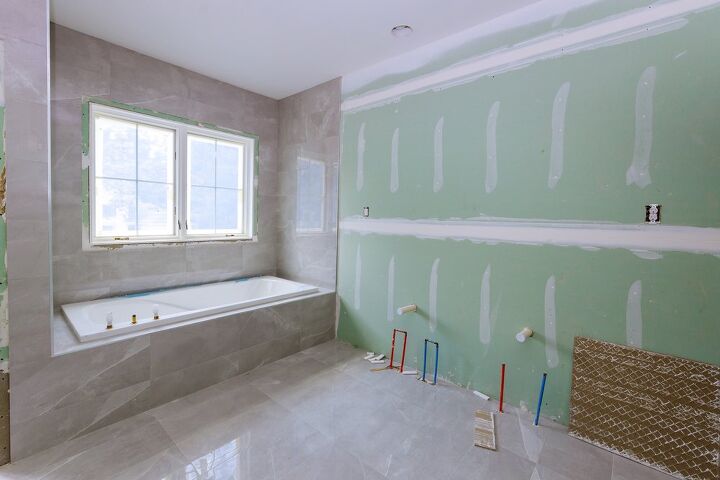






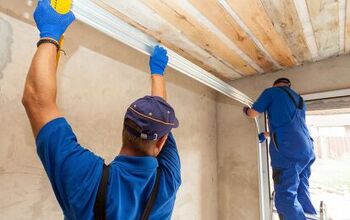
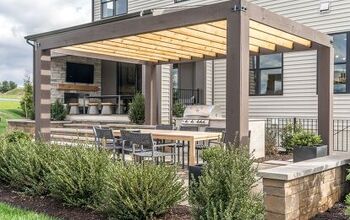
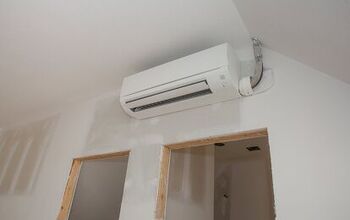
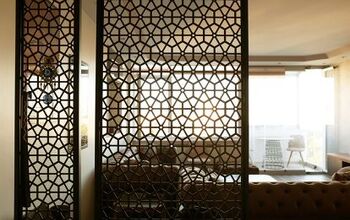
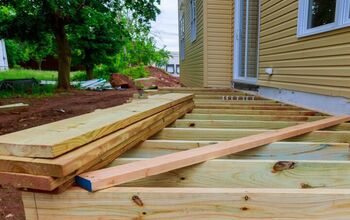



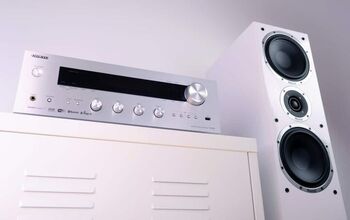

![How To Reset A Whirlpool Cabrio Washer [In 5 Easy Steps!]](https://cdn-fastly.upgradedhome.com/media/2023/07/31/9076531/how-to-reset-a-whirlpool-cabrio-washer-in-5-easy-steps.jpg?size=350x220)




